Christie speaks, and looks for lessons
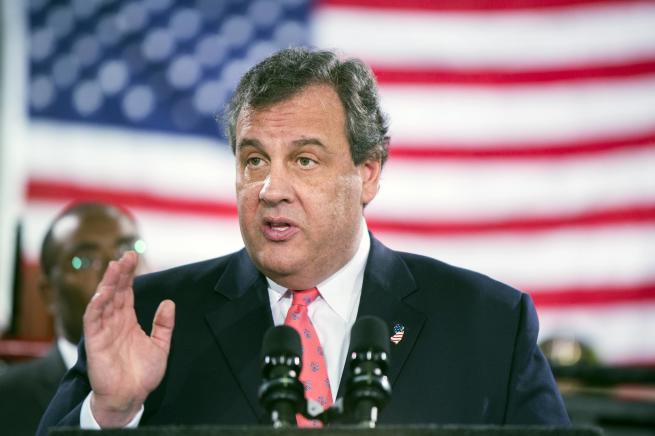
“I will learn things from this,” Chris Christie told me last Friday, a little more than a week after he gave the News Conference to End All News Conferences, and a few days after the cable channels covered his annual address to the legislature in Trenton as if it were Nixon waving from the helicopter. “I know I will. I don’t know exactly what it is yet that I’ll learn from it. But when I get the whole story and really try to understand what’s going on here, I know I’m going to learn things.”
We were sitting in a conference room at a training center for high-tech jobs in Camden, down the street from where Christie had just sworn in a Supreme Court justice. This was his first interview since he had publicly declared himself “embarrassed and humiliated” by the disclosure that his aides had conspired to snarl traffic on the George Washington Bridge, and Christie, who fiddled with a half-eaten pack of vending-machine muffins, seemed more subdued than usual. He described his state of mind, after hearing about the incriminating e-mails from one of his closest aides, as “completely disorienting, like I got hit across the forehead with a 2x4.”
He said he hadn’t watched the song parody that his hero Bruce Springsteen and Jimmy Fallon threw together (singing “Governor Chris Christie Fort Lee, New Jersey traffic jam” in the place of “tramps like us, baby we were born to run”). But he’d gotten a direct message on Twitter from Fallon assuring him it was all in good fun, and his oldest son told him, “It’s actually kind of cool to have Bruce saying your name.” Christie said he wasn’t angry about it.
In fact, Christie went out of his way several times to assure me he was not angry and was not an angry person, even though I hadn’t suggested he was. “It doesn’t mean I don’t get angry – everybody gets angry,” he said. “But they confuse sometimes, if you’re blunt and you’re direct and you just say things the way you see them, that that’s anger. More times than not it’s not anger with me. It’s just my personality.
“So I’m going to learn from this,” he went on. “I can’t tell you yet what it is I’m going to learn. But I am intent on learning from this.”
Christie’s gleeful critics – they are legion, and they are fierce – would suggest that the only lesson in all of this for Christie is that he is a bad governor (and probably a bad person, too), and that that the full truth of his involvement is yet to be known. His backers would tell you (as they told The New York Times Sunday) that Christie just has to be less loyal to longtime aides who do shady business in his name.
But if we’re going to be more thoughtful about it, this question of what exactly Christie should take away from this scandal – assuming, for the moment, that he’s being truthful when he says he knew nothing about it – is a little more complex.
The revelations about traffic inconveniences came at a particularly inconvenient time for Christie. This month, he took over as chairman of the Republican Governors Association, making him the face of what has traditionally been an influential leadership bloc in the party. Christie had planned to use his State of the State address last week, and the inaugural speech he will give Tuesday, to preview the message that he thinks could make him a top-tier contender for the Republican nomination in 2016.
That message is all about finding bipartisan solutions, in contrast to the intransigence in Washington. “We cannot fall victim to the attitude of Washington, D.C, the attitude that says I am always right and you are always wrong,” Christie plans to tell his inaugural audience. “The attitude that puts everyone into a box they are not permitted to leave. The attitude that puts political wins ahead of policy agreements. The belief that compromise is a dirty word.”
Christie, who talked about fostering an “attitude of choice” in his State of the State Address last week, told me he had the same message for his fellow Republicans nationally. “You can make a choice to be just rhetorical, to say this is my position and this is my line in the sand and all the rest of that stuff, and be damned to whether that gets governance done or not,” he said. “Or you can say all that stuff, but also say in the back of my mind there’s going to be a place where I can reach accommodation. I’m asking them to choose to govern.”
Christie’s detractors see this version of bipartisanship as a sham, perpetrated by a handful of Democrats who have allowed themselves to be intimidated. But the record in New Jersey, which has long been one of the most recklessly governed states in the country, would indicate there’s more to it than that. During Christie’s first term, he and New Jersey’s mostly Democratic legislature managed to reform the system for financing public pensions, cap growth in property taxes and extend in-state college tuition to the children of undocumented immigrants, even as they worked together – mostly, anyway – to blunt the effects of a killer hurricane. There aren’t many governors in America who wouldn’t trade for those talking points.
Christie’s strategy has been remarkably consistent, and more sophisticated than it might seem to the casual observer. He is a public bully and a private dealmaker, a guy who bludgeons his opponents into as weak a bargaining position as he can before staking out his own compromise behind closed doors. It’s good theater, followed often, though not always, by good policy.
Someone should probably write a book about Christie’s tumultuous, almost sibling-like relationship with the powerful president of the New Jersey Senate, Stephen Sweeney, a labor Democrat who has called the governor a “punk” and threatened to hit him – and that was just in one week. In the end, the two men, similar in temperament, have repeatedly returned to Christie’s conference table and forged one of the more functional political partnerships anywhere.
“Part of politics is trying to have sharp elbows publicly in order to make a deal privately,” Christie told me. “And if you don’t have the willingness and ability to do that, then the opportunity to make deals privately that benefit the public become much more difficult in my view, and in my experience.”
Here’s the problem, though: even if Christie is as shocked by the revelations as he says, what Fort Lee made clear is that, after four years of this, all those public “sharp elbows” have begun to overtake the private pragmatism. After the viral videos of Christie dressing down constituents and the insults casually tossed around like Frisbees on the shore, it’s apparently gotten hard for Christie’s own aides and allies (some of whom, it seems, aren’t quite as bright as the governor to begin with) to discern where the theatrics leave off and the governance begins.
The bridge fiasco, featuring that horrendous e-mail in which a Christie ally mocked the bus-riding children of Democratic voters, is an extreme case. But now you have the Democratic mayor of Hoboken saying Christie’s lieutenant governor threatened to pull back hurricane relief to force her hand on a real estate development. And you can bet there will be more stories like this in the weeks ahead, stories of aides who thought they were channeling the boss, because their concept of the boss, more and more, resembles Tony Soprano.
In politics, as in life, your greatest strengths almost always become, eventually, your most glaring weaknesses. Think of Christie’s pal Rudy Giuliani, who managed to clean up the streets of New York by leaning on his cops, and then leaned so hard and so long that eventually a lot of non-white New Yorkers were afraid of their own police force. Or Barack Obama, who’s cool, “no-drama” demeanor was considered a major asset until congressmen started complaining he wasn’t passionate or needy enough.
“I think I’m a fairly good politician,” Christie told me, in defense of his rhetorical style. But the best at his craft learn, sooner or later, to rein in and recalibrate the things that work for them, especially if they entertain thoughts of the White House. “I think it is most likely that the next Republican nominee for president will be a governor,” Christie told me. I reminded him that in 2011 he had told me he didn’t feel ready to be president, and asked about now. “Yeah. I’m readier, if that’s a word,” Christie said.
It is. And the experience of the past few weeks may help to make him readier still, but only if the worst revelations are now behind him, and only if he takes the deeper lesson from them. Only if he figures out some way to preserve the blunt persona that got him here, without letting that persona overwhelm the political philosophy that underlies his accomplishments.
On Friday, Christie didn’t sound like a guy who intended to revisit his style. “I’m not growing a new personality at 51,” he said. I reminded him that politicians do it all the time. “Not me, man,” he laughed. “This is it. I like who I am.”
But Christie admitted the public pummeling had seared him. “I don’t think anybody knows what it feels like to have the kind of attention that I’ve had in the last nine days until you go through it,” he said near the end of our interview, sounding spent. “It’s awful. Listen, it’s awful. I can explain to you as vividly as you like, but you won’t get it.
“I’m trying to get my arms around an awful situation,” he sighed, “and understand it, and then address it, and then resolve it.”
Chris Christie vows he’ll learn something. And then the rest of us will learn something about whether he’s a great politician, or just a fairly good one.
Category:








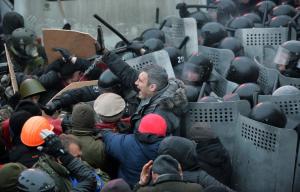
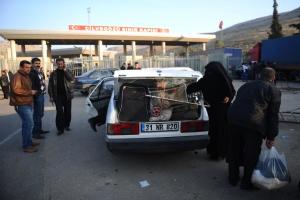
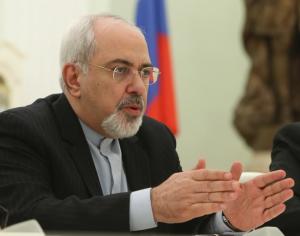

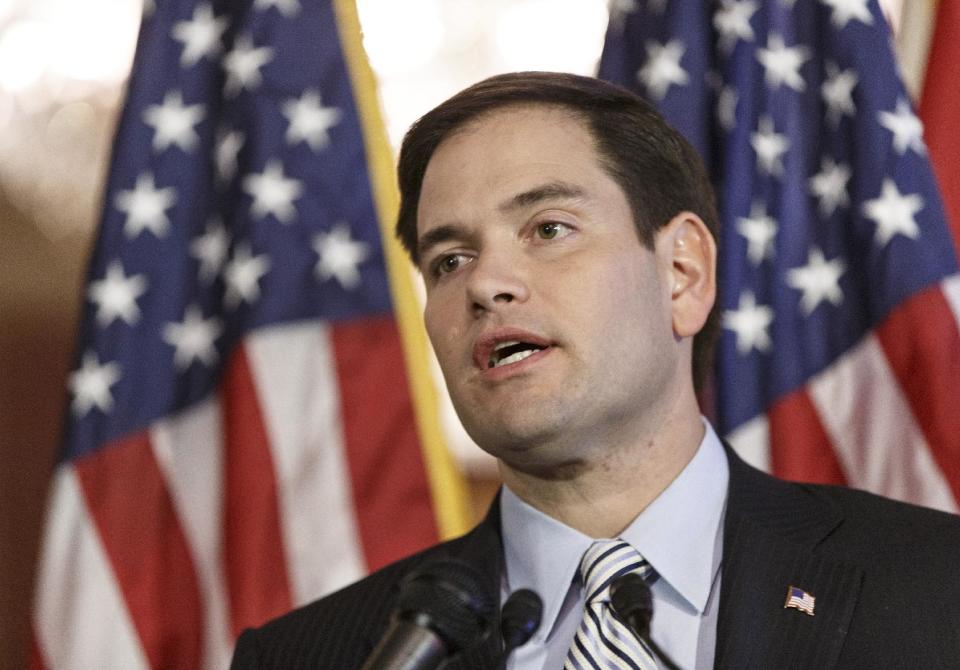

..png)







